Big dogs just have a way of stealing your heart, don’t they? In Texas, where everything seems a little larger and more open, big breeds fit right in—whether they’re bounding across pastures, joining you on a hike, or cuddling up under the stars. If you’ve ever wondered which giant pups rule the Lone Star State, you’re in for a treat. Let’s explore these top ten large breeds, their quirks, care tips, and what makes each so special for Texans.
Labrador Retriever

Labradors are the kind of dogs that make you believe in best friends at first sight. They’re playful, loyal, and have a natural knack for fitting into any family routine. Labs thrive on attention and love being part of the action, whether that’s swimming in a lake or chasing after kids in the backyard.
Keep an eye out for overeating—Labs are famous for their love of food! Regular exercise and portion control are key to preventing weight gain. If your Lab seems sluggish or their coat looks dull, it might be time for a vet visit or a tweak in their diet.
German Shepherd
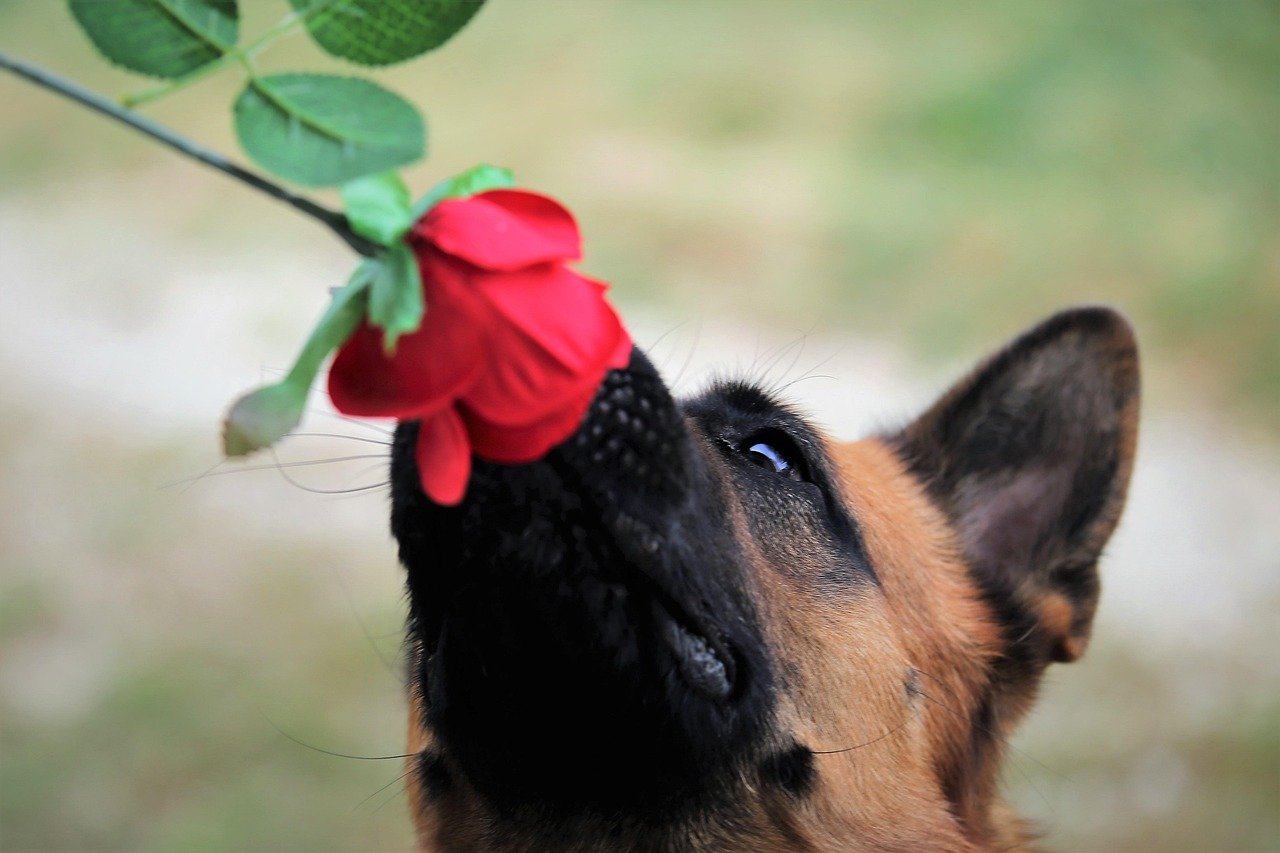
German Shepherds are the all-purpose heroes of the dog world. Their intelligence and loyalty make them perfect for families, ranch work, or even as devoted protectors. They pick up on routines quickly and will often try to “help” around the house.
Watch for signs of hip discomfort, a common issue in the breed. If your shepherd starts to limp or hesitates to climb stairs, don’t ignore it—early intervention can make all the difference. Mental stimulation is just as important as physical activity, so keep their minds busy with puzzles and new tricks.
Golden Retriever

Golden Retrievers are the sunshine of any home—always smiling, friendly, and eager to please. They’re exceptional with children and love being everyone’s pal, making them a great fit for social settings and active lifestyles.
Their thick coats need regular brushing to avoid matting, especially during Texas’s warm months. If you spot your golden licking their paws a lot or scratching, allergies may be the culprit. Early grooming and allergy-friendly diets can help keep them happy.
Boxer
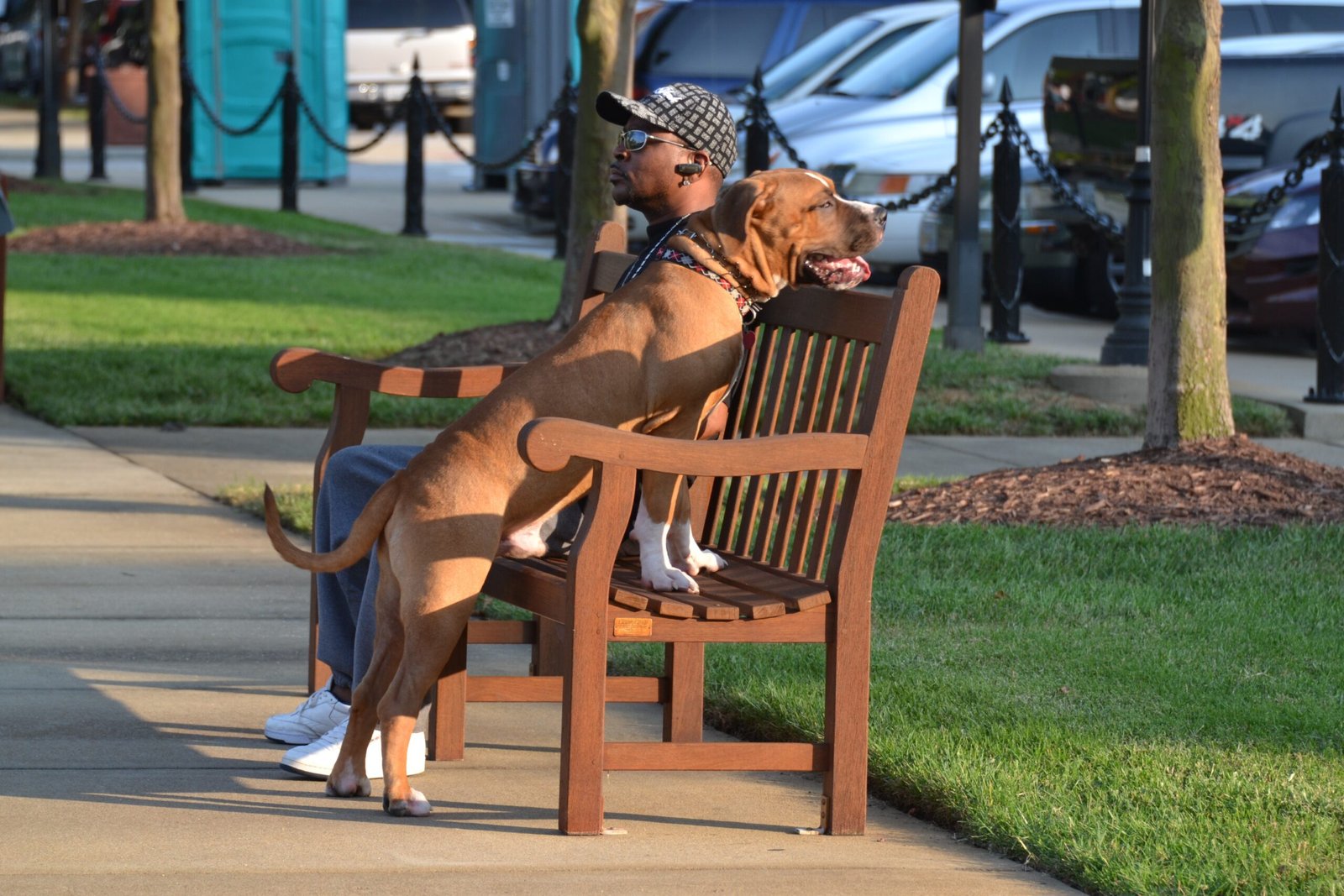
Boxers are pure bundles of joy, bouncing around with endless energy. Their expressive faces and silly antics can cheer up even the toughest day. They’re loyal protectors and thrive as part of a busy family that matches their playful spirit.
Watch for signs of overheating, especially during hot Texas summers. Boxers can be prone to heart issues, so regular checkups are wise. Keep their minds engaged with games—think tug-of-war or scent trails—to prevent boredom and destructive habits.
Great Dane

Great Danes are the gentle giants that turn heads everywhere they go. Despite their size, they’re often calm and affectionate, leaning in for hugs or following you from room to room like a shadow.
Their size means joint care is especially important. Soft bedding and regular, gentle walks can help prevent stiffness. If your Dane seems reluctant to get up or starts dragging their paws, it’s time for a vet check—early support is key for their long-term health.
Rottweiler
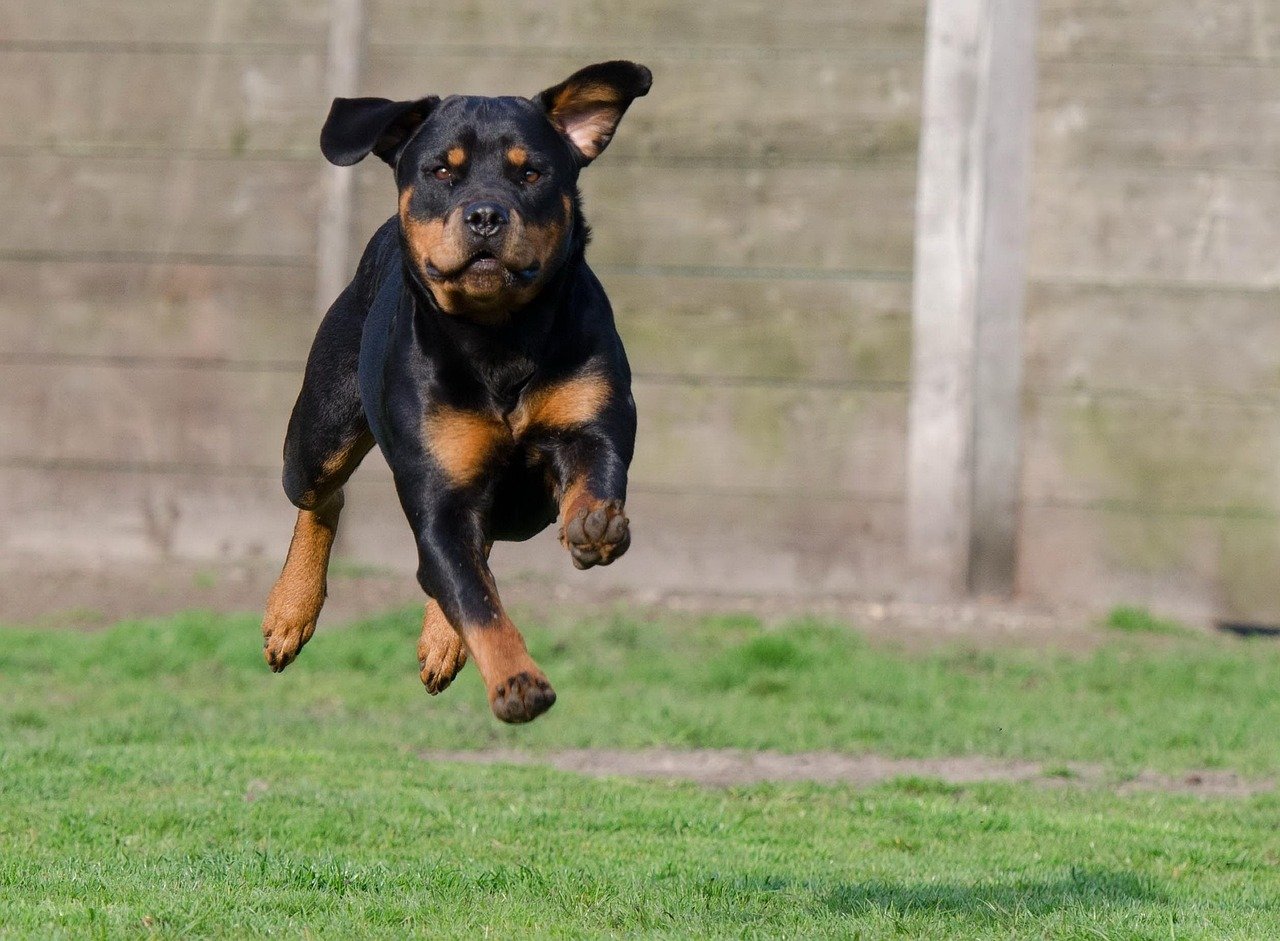
Rottweilers are all about strength and loyalty, wrapped in a confident, loving package. They bond deeply with their families and have a natural instinct to protect their home. With proper training, their steady temperament shines through.
Socialization from a young age is crucial. Rotties need clear boundaries and patient, positive reinforcement. Watch for any signs of stiffness or changes in energy; joint health and weight management are essential for keeping them at their best.
Standard Poodle

Standard Poodles are elegant, clever, and often full of surprises. Don’t let their fancy coats fool you—they’re incredibly athletic and love a good run or swim. Their intelligence means they’re quick learners and always up for a challenge.
Regular grooming is a must, as their curly coats can mat easily. If your poodle seems restless or barks excessively, they may need more mental stimulation. Try introducing new tricks or toys to keep their minds sharp and spirits high.
Doberman Pinscher
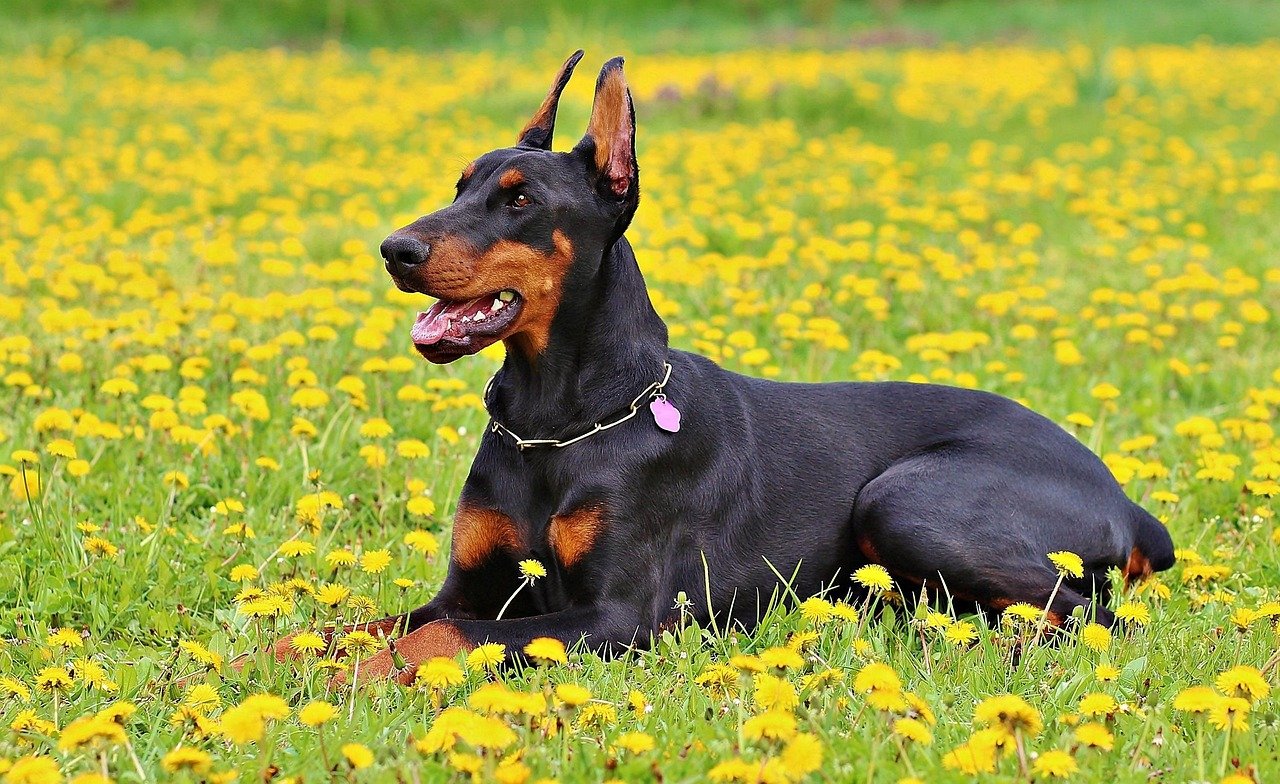
Dobermans are sleek, strong, and fiercely devoted to their people. They’re natural protectors with a soft spot for their families, often sticking close and watching over everyone with gentle vigilance.
Pay attention to their heart health—Dobermans can be prone to certain cardiac issues. Signs like coughing, fainting, or fatigue shouldn’t be ignored. Consistent training, exercise, and clear routines help them thrive and feel secure.
Australian Shepherd
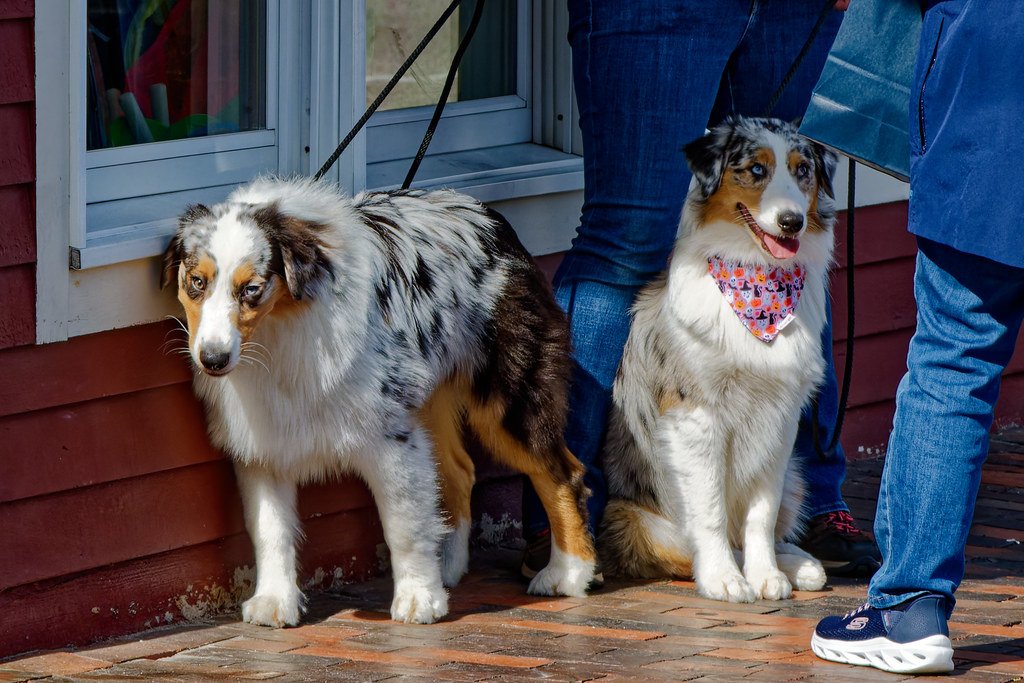
Australian Shepherds bring a spark of energy to any home. Their herding instincts run deep, so don’t be surprised if they try to “round up” the kids or other pets. Aussies are happiest with a job to do, whether it’s agility, herding, or learning new commands.
Watch for signs of eye issues, as some Aussies can be prone to vision problems. If your dog bumps into furniture or seems hesitant in low light, consult your vet. Keeping them mentally and physically active is the secret to a well-balanced, happy Aussie.
Bernese Mountain Dog

Bernese Mountain Dogs are big, fluffy, and full of warmth. They have a gentle soul and often act as calm, comforting companions, especially around children. Their affectionate nature makes them beloved by families who enjoy a quieter, steadier presence.
Because of their thick coats, Berners can struggle with heat. Provide plenty of shade and water during Texas summers, and look for signs of overheating like excessive panting or drooling. Regular brushing will help keep their fur manageable and reduce shedding.
This wraps up a look at the large breeds that have found a special place in the hearts of Texans.






